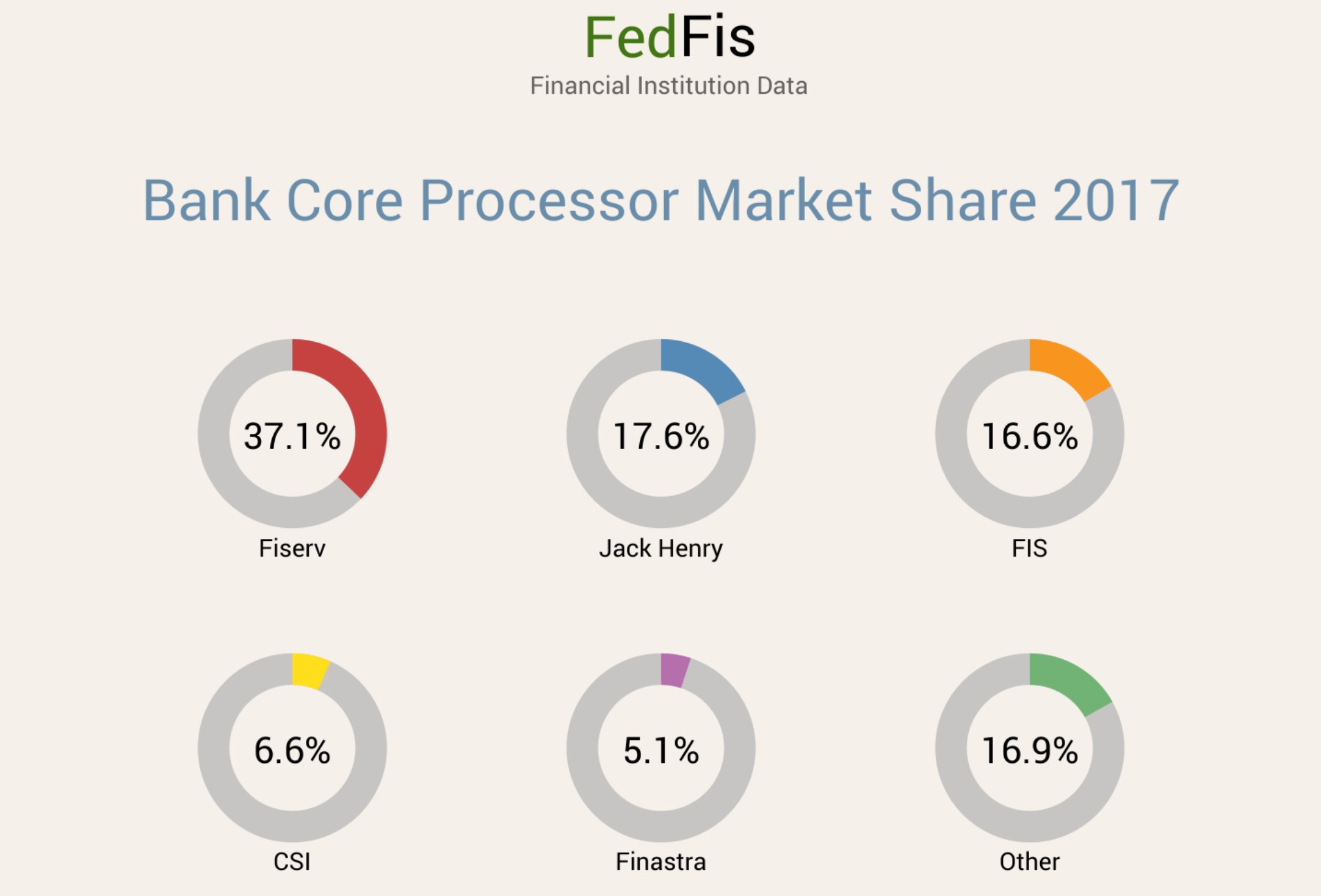The Second Side of Focus
To Focused Compounding members:
Back in 1991, Warren Buffett and Bill Gates were asked the same question. What one word described
how they became successful. Both men said “focus”. Most investors I talk to understand the importance
of focus. But, they understand it wrong. They think that Buffett and Gates mean they applied
themselves longer, harder, and in a more disciplined way to a particular task. This is the focus means
more school of thought. It’s half the story. There is a second side to focus.
Warren Buffett’s biographer, Alice Schroeder said this of Buffett: “…he expends a lot of energy checking
out details and ferreting out nuggets of information, way beyond the balance sheet. He would go back
and look at the company’s history in depth for decades. He used to pay people to attend shareholder
meetings and ask questions for him. He checked out the personal lives of people who ran companies he
invested in. He wanted to know about their financial status, their personal habits, what motivated them.
He behaves like an investigative journalist. All this stuff about flipping through Moody’s Manuals picking
stocks, it was a screen for him – but he didn’t stop there.” That’s the kind of focus investors imagine.
Hard work. But, there is another way to look at what Alice Schroeder said there. Focus means doing
more about less. But, focus also means doing less about more. Alice Schroeder did a Reddit interview
where she talked about Buffett’s approach to time management: “Warren is a master of time
management. He knows how to ease people off the phone without making them feel dismissed. He is
great at saying no…he manages his energy, reading when it’s optimal, talking on the phone when he’s
got the right energy for that and so forth… he does not multitask through his day.”
The question then is why others don’t do what Buffett has done. Why don’t they focus as much? Is it the
first side of focus: the hard work, the deep dive into one specific subject? Or is it the second side of
focus: denying yourself the possibility of knowing a lot of subjects superficially. This comes up whenever
I talk about specializing in some specific type of stocks. Recently, I gave this advice to two different
people. I said here is a list of categories of stocks that “work”. They tend to get overlooked. So, instead
of sifting through all the public companies out there – start by limiting yourself to stocks that are spinoffs
or have spun something off, that are OTC stocks, that are illiquid, that have just come out of
bankruptcy, etc. The reaction from both people was: “Eh. Why restrict myself? Maybe I’ll have a great
idea that doesn’t fit into any of these arbitrary boxes.” And they probably will. Odds are that the very
best investment opportunity out there right now isn’t in any of those arbitrary little boxes. But, you
don’t need the very best investment idea out …

